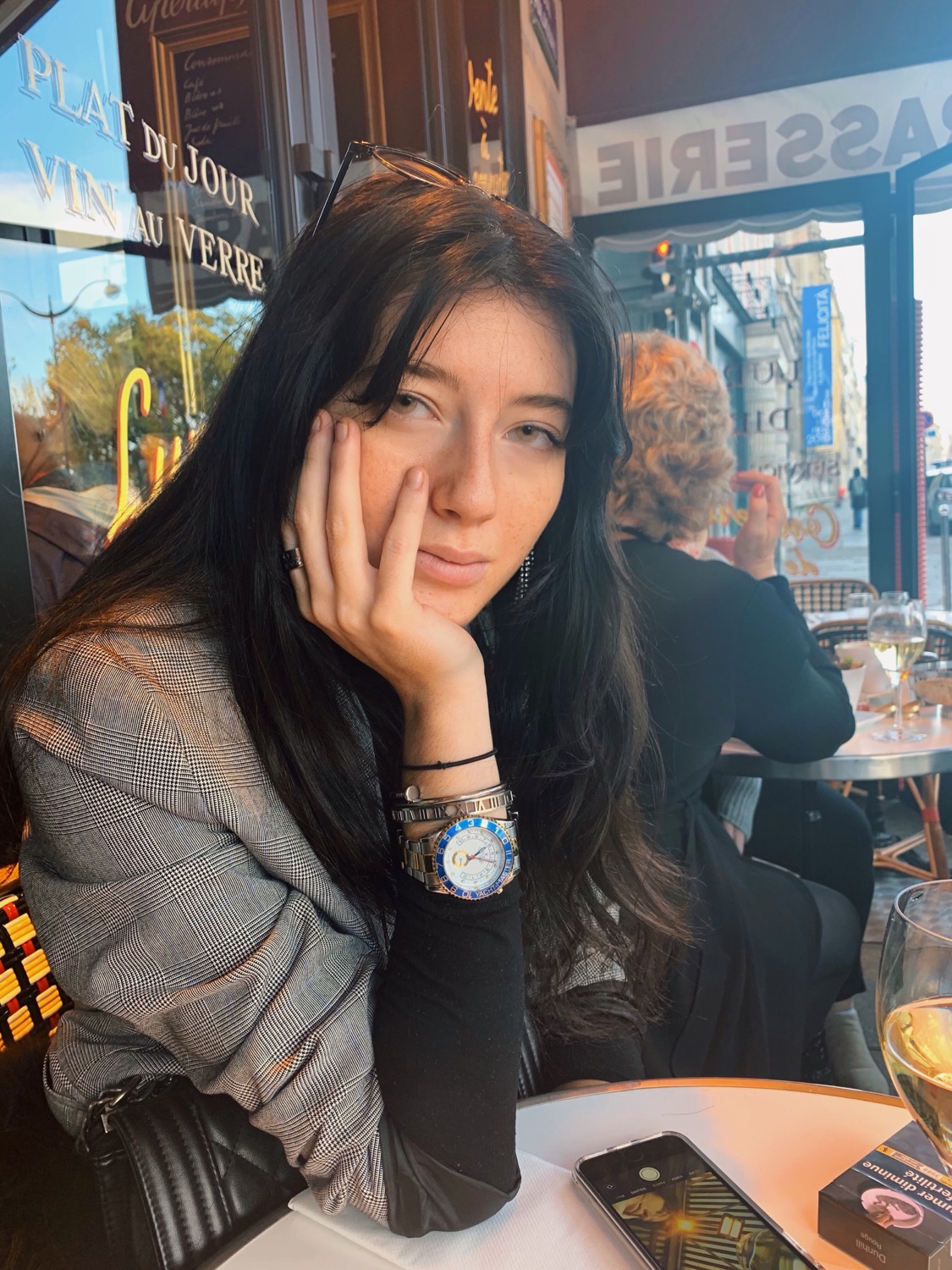'RAVENS: SPASSKY VS. FISCHER' IS THE PERFECT COLD WAR PSYCHOLOGICAL THRILLER
- Victoria Comstock-Kershaw
- Jan 19, 2020
- 3 min read

I don't play chess. I know the rules and could probably name a few of the more famous maneuvers if you put a gun to my head, but my terrible spacial awareness, awful memory, and general lack of any mathematical prowess means that I have always preferred to watch than to partake. It's a fascinating game that has attracted brilliant minds and birthed rich histories, but none quite as thrilling, intense and memorable as that of Spassky and Fischer. In 1972, at the height of the Cold War, the Soviet Spassky and American Fischer bring chess into the global spotlight as they face off in a game that is much more than merely chess. It is this supremely fascinating series of events that Annabelle Comlyn dramatises in her adaption of Morton-Smith's Ravens: Spassky vs. Fischer at the Hampstead Theatre.

From the get-go, there is real literary beauty in Ravens' script: every line is weighted and revelatory and there are some supremely intelligent metaphors and metonymic foreshadowing. An excellent cast upholds an excellent script; Robert Emms is terrifyingly intense as the deranged but brilliant maverick that is Bobby Fischer, Buffy Davis shines as wonderfully charismatic and gender-bent Fred Cramer, and Gary Shelford is simply excessively adorable and wise as Fischer's Icelandic bodyguard Saemi. The fluctuating accents - the Russians are British unless the Americans are around - are at first little confusing, but eventually end up contributing to a further dramatic layer of palpable discomfort and unnerve.
Much like the Cold War itself, the structure of the play feels uncomfortably taut, but this is a good thing: the accelerating uptake in tone and progressively more manic timbre of the show only adds to a very real sense of tension and fear. We are unsure of what is real and what is false, we are sucked into and submerged the same paranoia experienced by the battling champions. The set design is a masterclass on using surroundings as a reflection of tone; as the pair spiral into madness, the at-first perfectly symmetrical period furniture is ripped apart, thrown aside, the stage is peppered with discarded pawns and kings. The fight and panic transcends yet consumes the characters, and the commentary on performative politics of the sport is wonderfully relevant to this day.
As wonderful as all of this is, the heart of the play lies in the psychological mind games rather that the game of chess. As Fischer sets about to destroy Spassky and Spassky sets about to survive, we see parallels emerge between their personal conflicts and their roles as national representatives. Fischer's overbearing Jewish mother reflects his hatred of his role as the USA's 'wonder-kid', and Spassky's copycat reflexes and stuttered movement reflect of a Soviet Union on the brink. Perhaps it's the unique nature of the events it depicts, or perhaps it's simply good theatre, but the fascinating way that everything ties together in such a remarkably natural yet deeply intelligent way makes me wonder why there aren't simply more plays like it.
The dramatisation of such a colossal historical series of events is tricky in every sense of the word, but by God did Tom Morton-Smith do it. Under the truly brilliant directorship of Annabelle Comyn, the politics and power struggles of the Cold War come to life in an absolutely colossal way. I can not stress just how well Ravens manages to simultaneously capture and exude themes of true and pure anguish: the tensions of a world on the bring of war, the terror of personal and national failure, the anxiety of competition and the loss of faith - it's all there, and it's beautiful.
Image credits: Hampstead Theatre










